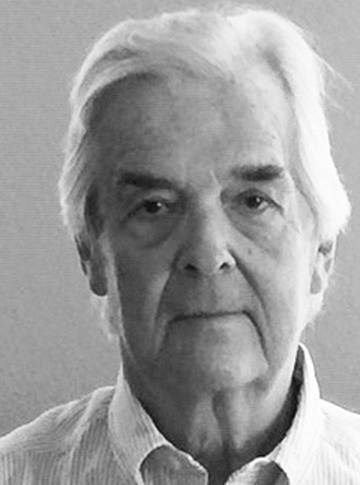Greenwash is a superficial display of environmental concern to cover policies or actions. Former Vice President Al Gore recently told us about corporations with goals for reducing climate change backed by little action or evidence. “There remains a yawning gap between long-term climate goals and near-term action plans.” He urged vigilance in the public.
We can see greenwash here in Bainbridge Island politics. One example is the claim that preventing more housing density and development will benefit the environment. Preventing more development would have lots of benefits for those who own houses on the island now. It would increase property values, limit local traffic and protect some trees. These can all sound nice to an island homeowner. But claiming real environmental benefits is bogus. Limiting growth on the island drives it to the rest of Kitsap County and other exurbs, farther away from the biggest city in the state.
Sprawl damages the land, reduces the efficiency of public transit and increases gas emissions. Aside from its environmental damage, preventing growth on the island would reduce housing affordability and stand in the way of diversity.
That is a possible future. The city is hitting us with greenwash now in its transportation planning. The Sustainable Transportation Planning project ignores the basic road safety improvements for walkers and bikers in the city’s comprehensive plan, which meets state law, and justifies this with climate change as the top priority. The planners think road safety isn’t enough and want to make non-moto routes that are comfortable for everybody. They say this would dramatically replace auto travel with cycling and thus reduce gas emissions.
If such routes were feasible in number any time soon, sure. They’re not. After three years of planning, going on four, there are no specific proposals. For some, the wide and expensive Sound to Olympics trail is the minimum standard. The half mile we have so far has seen little use. Imagine 50 new miles of this across parks and private land throughout the island.
Outside the Sustainable Transportation planning, the shoulder improvements on Eagle Harbor Drive are a step in the right direction. They are in a road section that is dangerous and essential to cycling commuters. They are a small step, and delayed, and slow to complete, and won’t be followed by similar work for at least three years. Sustainable Transportation instead promises significant cycling improvements in 25 years, when autos will be mostly electric.
The saddest thing is that ignoring the city’s road safety plan in the last four years has largely prevented improvements that would have increased non-moto travel and reduced gas emissions now. These improvements also would have increased safety for walkers and bikers, a city obligation according to the comp plan. As elsewhere, greenwash is covering poor action and does nothing to improve the climate.
A lesson is, when a councilmember says climate change is their top priority, ask yourself whether this talk is backed by action, and whether they are doing the concrete public safety job for which they are elected. Vote accordingly.
Peter K. Harris has a doctorate from Yale in social science and has had a long career as a planner and policy analyst for the city of Seattle.



